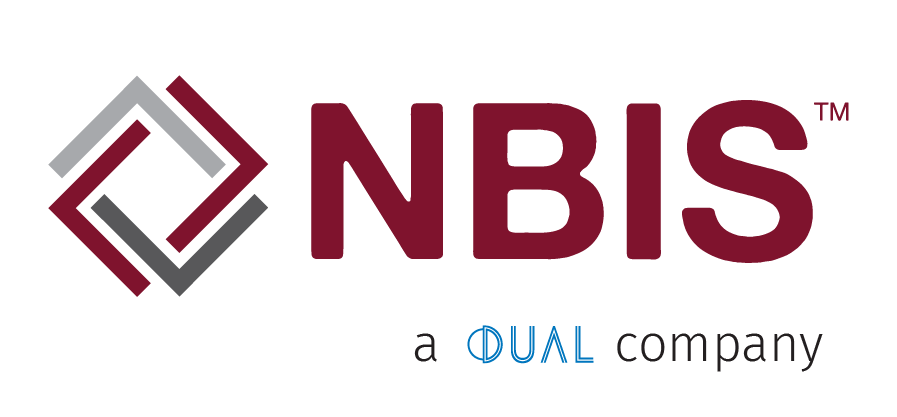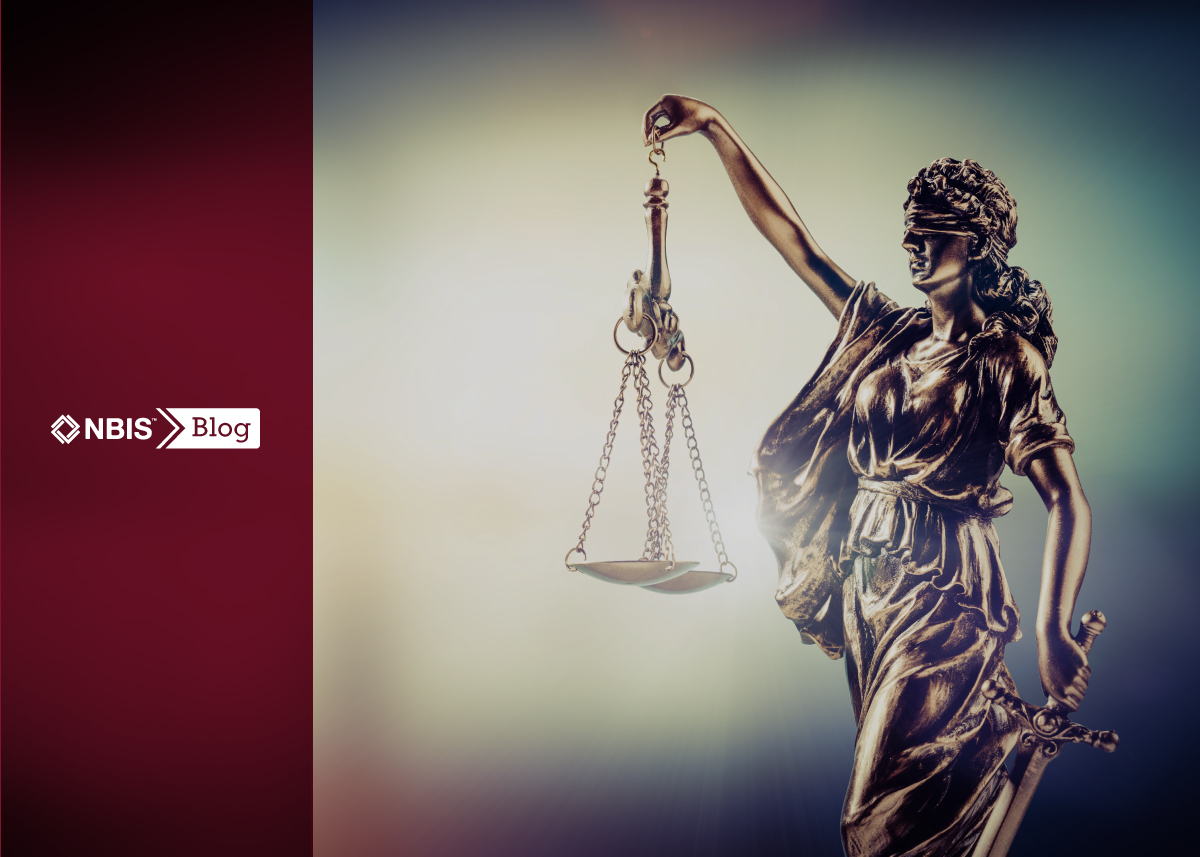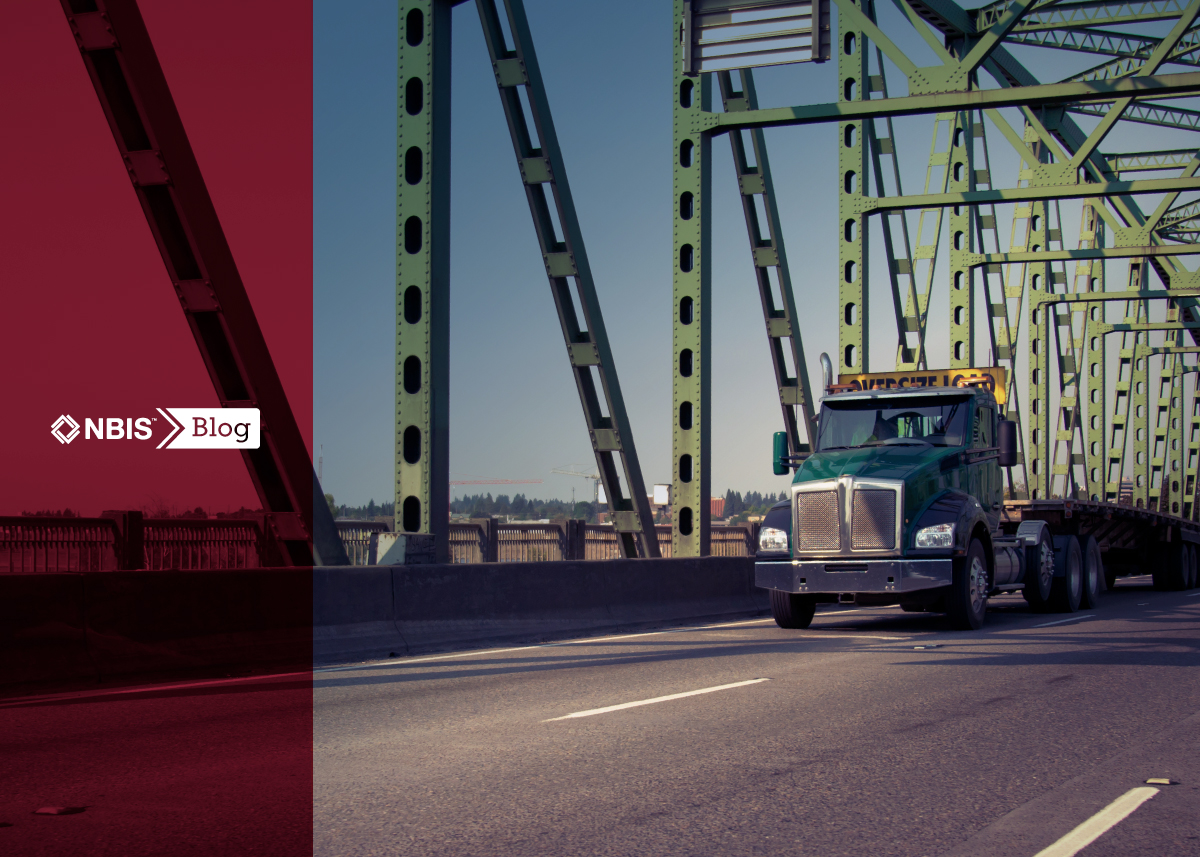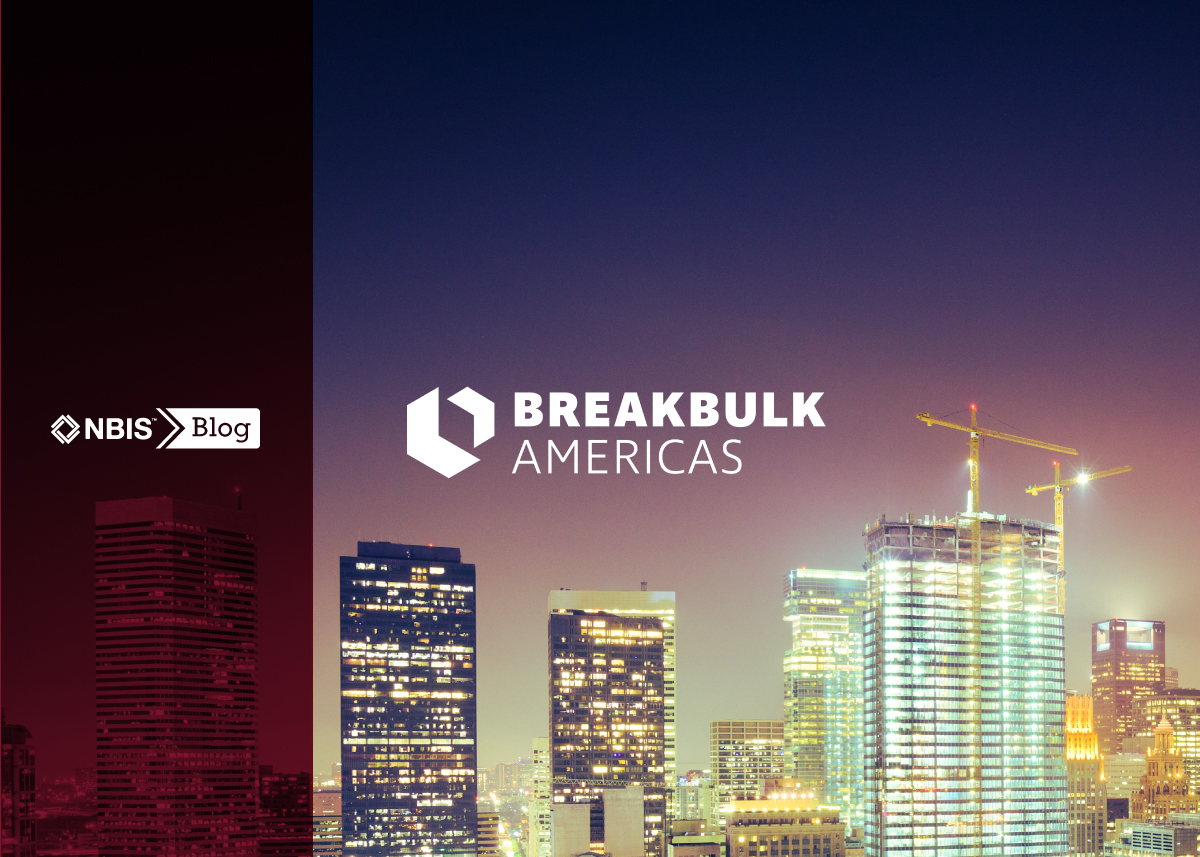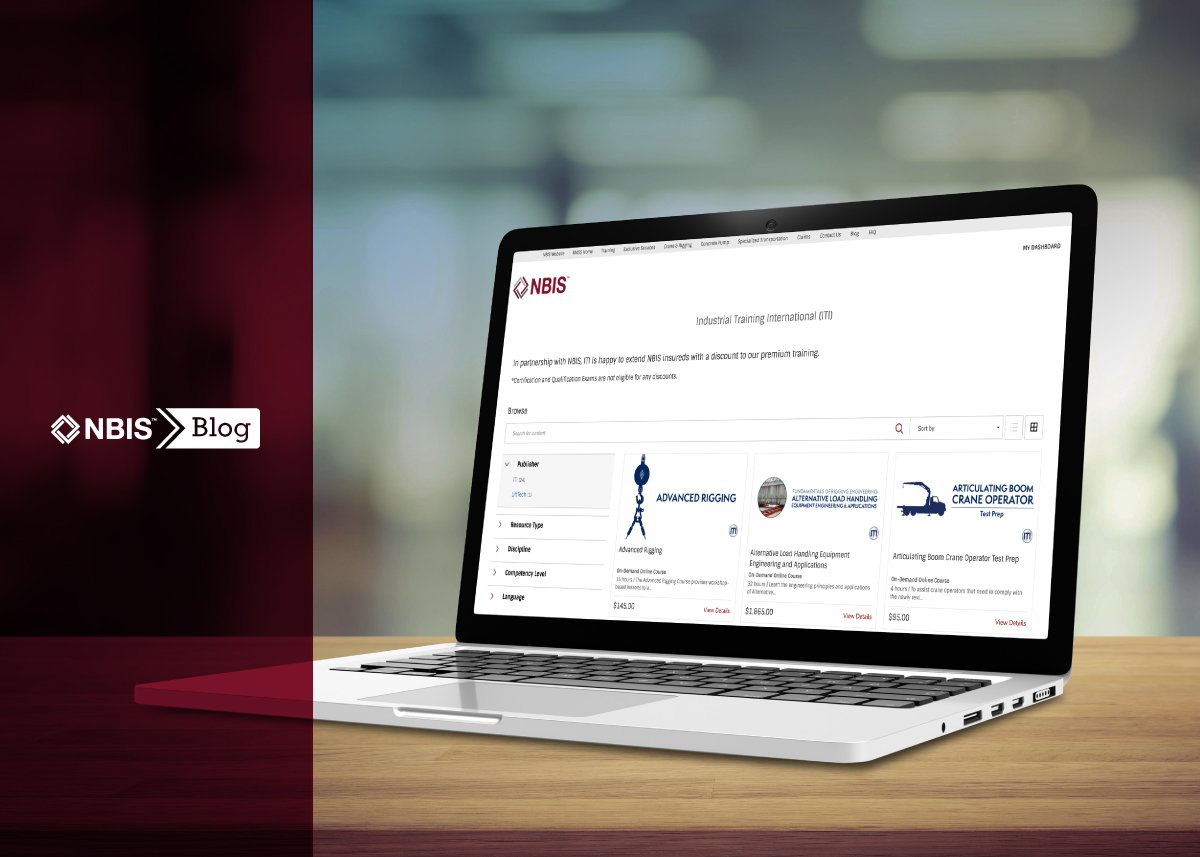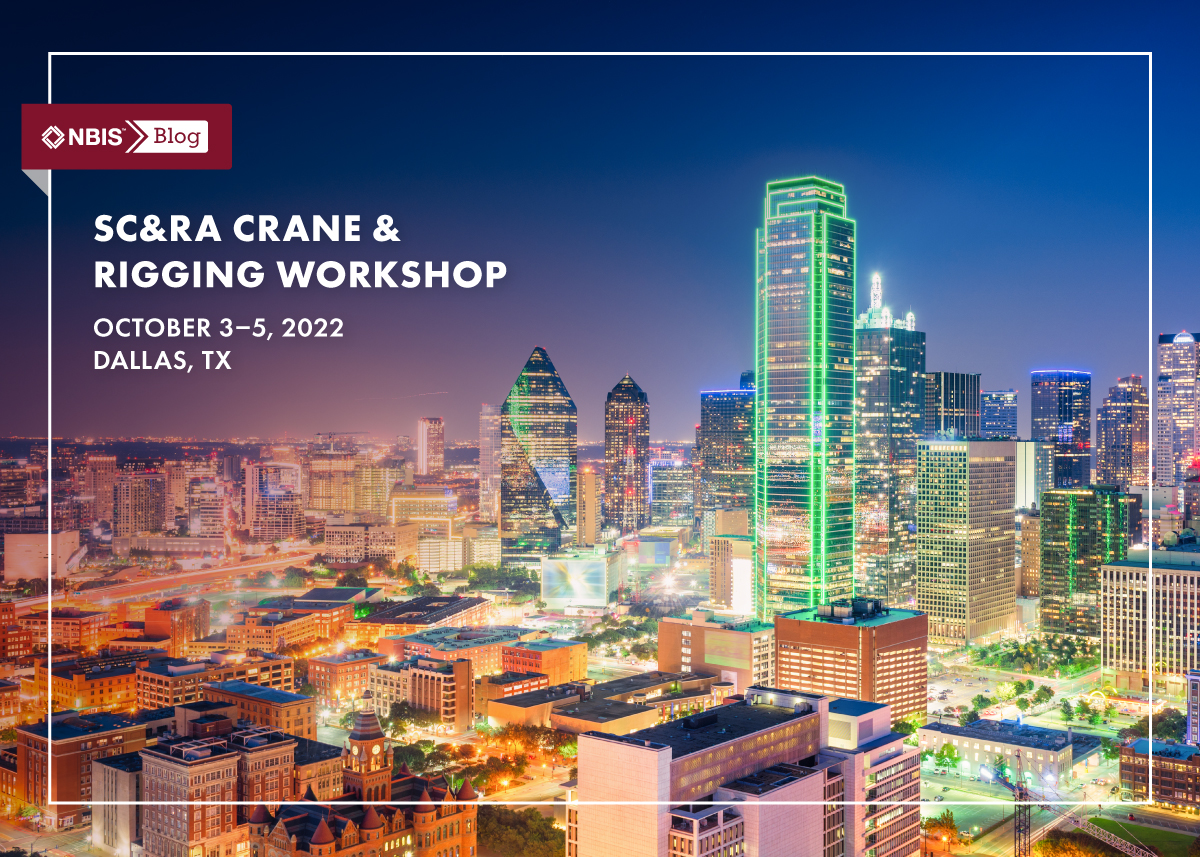By Art Kirkner, VP of Claims
This article was previously published in the 2022 September issue of American Cranes & Transport Magazine
You think it can’t happen to your company. You’ve read about the catastrophic accident that happened to some other company. Then one day on the job, an improperly rigged load suddenly drops, falling on the workers below. Or your crane operator hits the left rear wheel-well of a vehicle that suddenly cut in front of him from the right lane. Severe injuries and deaths result. Are you ready, really ready, for the “war” that will ensue?
Much has been written about nuclear verdicts, defined as awards of $10 million or more, and the general effect these have on the rising verdict outcomes of claims involving lesser-injured accident victims whose injuries are not considered catastrophic in nature. In “The Rise of Nuclear Verdicts and How to Rein Them In,” Stephanie Fox points out that “… when considering verdicts of more than $1 million, the average size increased nearly 1,000 percent from 2010 to 2018—rising from $2.3 million to $22.3 million. In 2019 alone, there was a 300 percent increase in verdicts of $20 million or more when compared to the average from 2001 to 2010.”
Obviously, this results in rising insurance premiums, or it becomes difficult to find insurance, as companies pull back from underwriting the crane industry. You may find coverage limits reduced with a required higher deductible or self-insured retention upon renewal. These rising costs seriously impact your ability to competitively price your services, causing business to drop off. And worst of all, such a verdict can put you out of business because you can simply no longer afford the insurance premium.
Look at what is happening in the trucking industry, where, according to an American Transportation Research Institute (ATRI) study in 2019, the “Impact of Large Verdicts on the Trucking Industry” ranked as one of its top research priorities. At the time, ATRI explained that several motor carriers had shut their doors, citing rising insurance premiums as a factor. This need not be the plight of the crane industry—nor that of your company!
Facts are important. Mediators, judges and jurors want to understand the true cause of an accident. Both the defense and plaintiff attorneys lay out the details of any accident and each will hire their own accident reconstruction and means and methods and safety experts to bolster their arguments. But facts alone are rarely enough, no matter how beneficial they may be to the defense. The plaintiff bar has become adept at focusing upon a relatively innocuous comment from the operator, such as he is “… aware of some rigging methods but is not an expert,” and then enlarging it to become a contributing cause to the accident—one in which the operator should have refused the command to lift because, by his own admission, the rigging “… did not look quite right.”
Or equally, if not more importantly, plaintiff attorneys will look past the operator and go after the company, claiming negligent hiring practices, failure to train, inattention to safety procedures and lack of care and concern for the accident victim and the public’s safety—all of which ultimately contributed to causing the accident.
The plaintiff lawyers’ “arsenal” is formidable: (1) “Facts” created from innocuous statements—playing on the “survival instincts” of the jury by attacking a deviation in a safety protocol that had no impact on the accident circumstance; (2) Going past “sympathy” to “anger,” whereby the jury wants to punish the crane company with additional money to force the “good behavior” in protecting the public; (3) Stoking the “fear and survival” instincts of jurors, known as the “reptile theory,” causing them to dislike the defendant so strongly they will “attack” the company and award a plaintiff grossly excessive damages; and (4) Playing upon the jury’s inherent “mistrust” of companies versus the “little guy”—in pursuit of profit. All told, the most effective weapon within this arsenal is “emotion.”
Are you keeping up? Do you set the pace to have a competitive edge in this “arms race” when an accident happens? Can you show that your company cares about safety and is a good corporate citizen? Training programs are important in demonstrating this. Are your operators certified? Do they receive periodic training and participate in safety meetings? Accountability is important. Do you gather behavioral data on your operators to ensure they operate their cranes over the highways safely on the way to the job? Do your quotes and rental agreements contain the proper protections for your company so you are not paying for circumstances not within your scope of work?
The NBIS team of professionals offers the expertise, crane industry knowledge and skill to work with you and your broker to build a formidable defensive arsenal. Utilizing an array of risk management tools, NBIS Risk Management professionals have proven to reduce the potential for accidents through their skilled on-site inspections—to help identify possible hazards and to help defend our crane company clients when an accident does occur.
Additionally, the NBIS suggested preferred terms and conditions strengthen your own rental agreements and insure they are state compliant. The NBIS Claims team has the expertise and has shown repeated success with client defense and indemnity being accepted by others—or in having our clients successfully removed from litigation altogether. As an NBIS client, you have access to competitive telematics products to keep track of your operators’ driving habits and share the feedback to improve their behavior, which has been shown to lessen accident frequency. Dash cameras are also available, and invaluable in showing the crane operator was actually in his lane while the other car suddenly crossed the lane markers, or was trying to squeeze past the operator while making a turn. This gets rid of the “word vs. word” between the drivers—and also keeps the plaintiff attorney from trying to attack minor deviations in safety protocols that had no bearing on the real cause of the accident.
Joining with NBIS enables you to partner with crane-knowledgeable professionals that offer proven risk management tools and the trusted protections your company needs when an accident happens.
